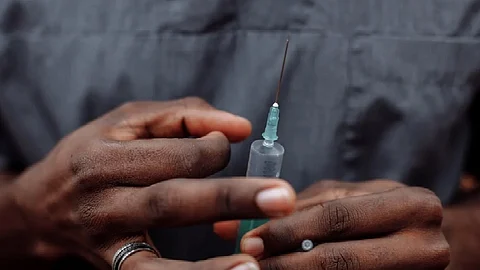The High Court has ruled that charges under Section 19 of the POCSO Act cannot be applied mechanically without proper consideration by investigating officers. Condemning such actions as absolutely unjust, the court stated that these charges place doctors under mental trauma, which hampers their ability to perform their critical duties.
Under Section 19 of the POCSO Act, individuals are legally bound to report an offense once they become aware of it, while Section 21 prescribes punishments for failing to do so. [1] The court made this observation while hearing the case of a 68-year-old gynecologist who was charged with failing to report a minor's pregnancy and allegedly performing an abortion without consent.
The case involved allegations that the first accused repeatedly had sexual intercourse with a minor, resulting in pregnancy. The petitioner, a gynecologist, was charged under Sections 19 and 21 of the POCSO Act, as well as Sections 312 (causing miscarriage) and 313 (causing miscarriage without a woman's consent) of the IPC. The doctor argued that the victim's parents brought her in an advanced stage of pregnancy, claiming she was 18 years old and married. The doctor asserted that she had no reason to suspect it was a POCSO case.


